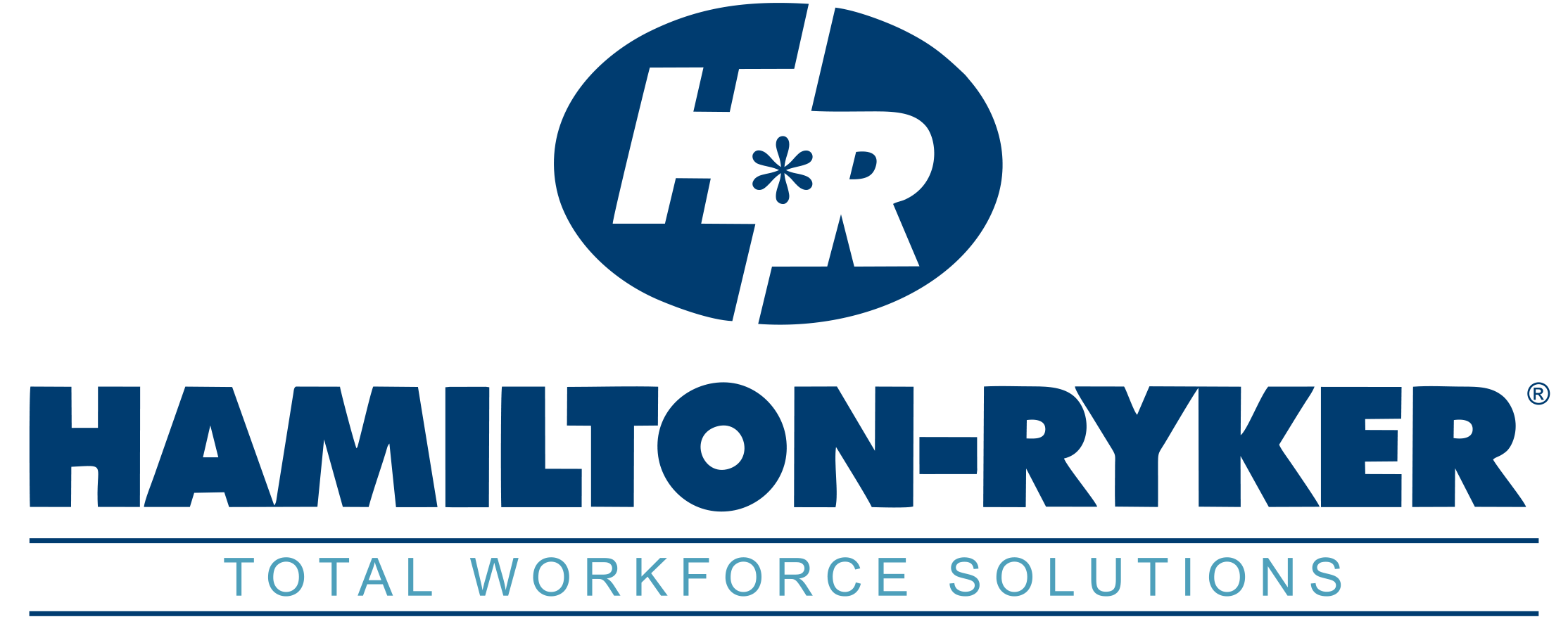How to Find the Benefits and Pay You Need in a Job
When you’re looking for a new job, it’s normal to focus on pay. While the salary that comes with the role is critical, it’s essential to remember that it’s only part of the broader compensation equation. The benefits that do or don’t come with it also matter, at times more than the pay rate itself.
By understanding how benefits impact the equation, you’ll have an easier time figuring out what compensation package is right for you. Here’s a look at how to find the benefits and pay you need in a job.
Identifying Must-Have Benefits
While it might seem counterintuitive, you actually want to start outlining your ideal compensation package by looking at benefits first. Mainly, this is because the quality and quantity of offerings can vary significantly. Similarly, the employee vs. employer contribution may be incredibly different from one employer to the next.
In most cases, the best place to start is with health insurance. Policies can vary dramatically between employers, impacting your out-of-pocket costs, coverage levels, qualifying providers, and much more. As a result, you’ll want to take a close look at what is and isn’t included, as well as how much of the premium the company covers.
After that, retirement benefits are usually the biggest. With classic 401(k) plans, what you typically want to learn more about is the employer match. How much the employer contributes has a big impact on how much you need to set aside to secure your retirement. How long you need to be vested is also important to know, as that impacts how much of the account value can come with you if you leave the company.
Beyond retirement and health insurance, paid time off is usually the most vital benefit. In most cases, vacation and sick leave allow you to maintain better work-life balance while giving you financial protection against expected absences. However, how much you’ll receive and how that time is accrued can vary, so it’s wise to look closely at this benefit when evaluating the value of the total compensation package.
Many companies also offer benefits beyond those above. For example, you may have access to life insurance, healthcare supplements, employee discounts, stock options, and more. By getting an overview of what employees receive, you can determine how much value they provide you, making it easier to determine if a role is a good fit.
Calculating a Minimum Salary
Once you know what benefits you’ll receive, it’s easier to determine the salary you’d need from the job. For example, if the employer covers all of your health insurance premiums, lower pay may be acceptable, as you don’t have to cover any of that cost. Similarly, stronger employer retirement contributions or certain other perks could make a smaller salary plausible.
Factor in how much you save by getting the benefits. Then, you can use that to determine your minimum salary requirements for your next job, giving you a line to keep in mind during negotiations.

